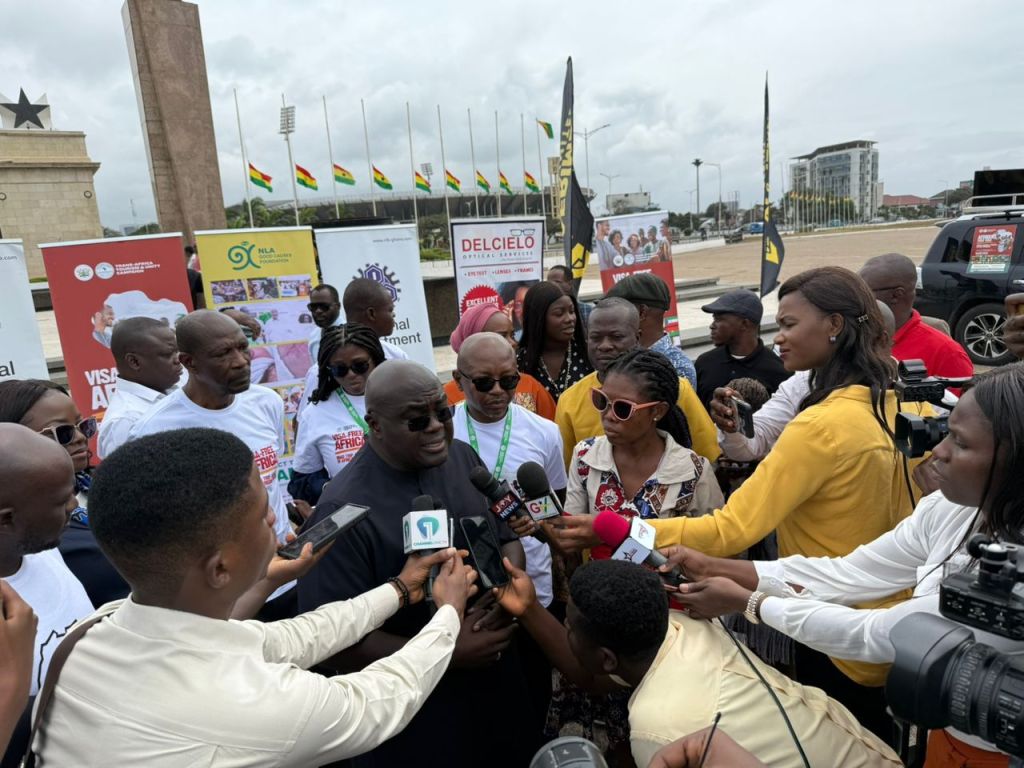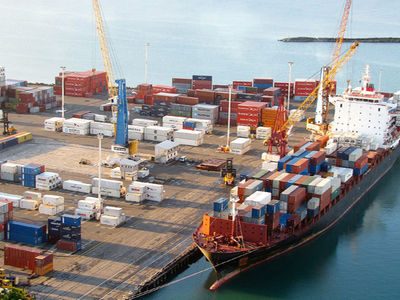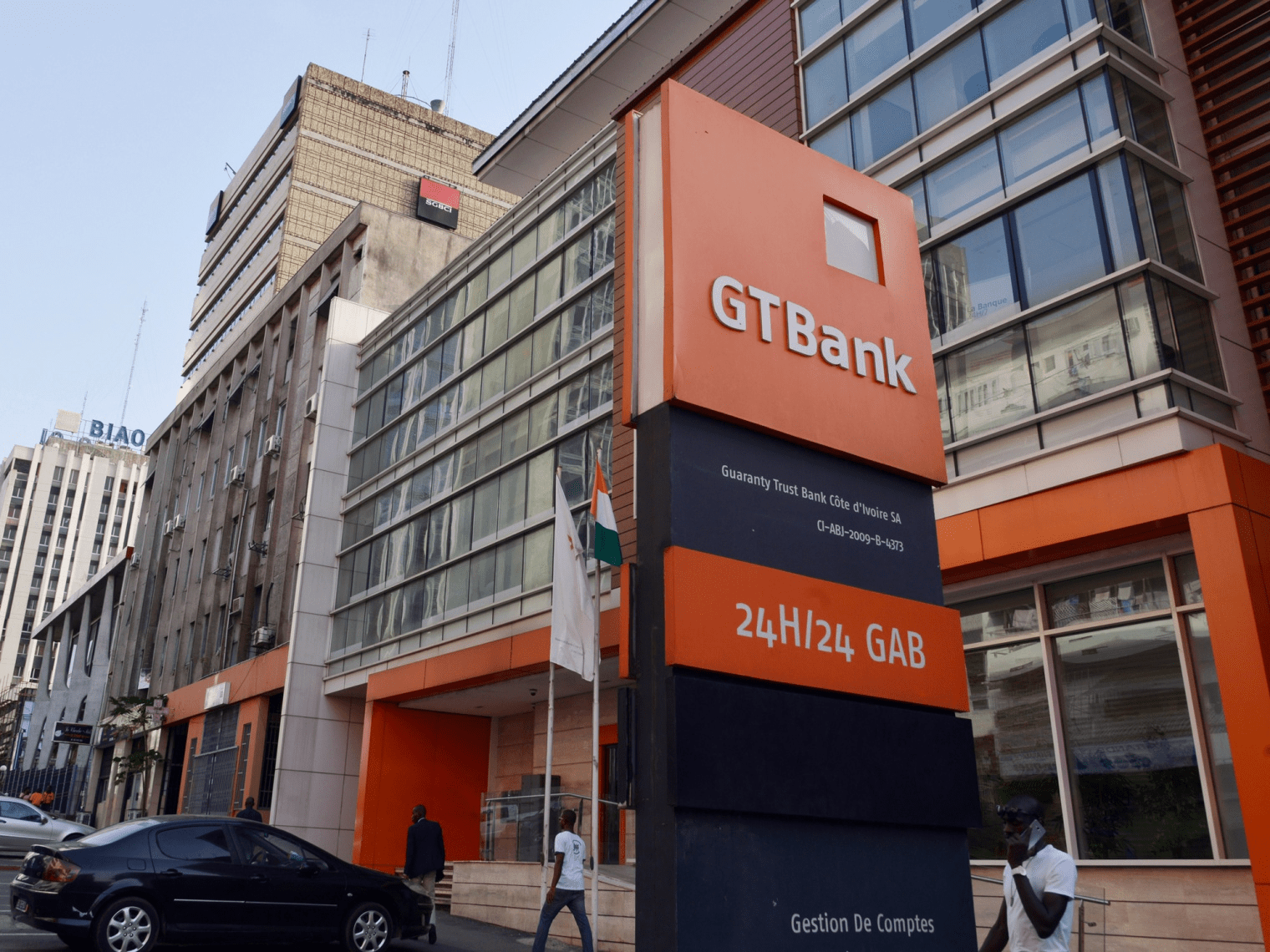
The Chief of Staff, Julius Debrah, has stressed the urgent need to dismantle barriers that prevent the free movement of people, goods, and services across the African continent.
He insisted that the over US$190 billion generated annually from tourism by the countries would be doubled with a visa-free policy.
He was speaking at a ceremony in Accra on Monday, August, 18, 2025, to mark the launch of the historic Trans-African Tourism and Unity Campaign; a 40,000-kilometre road journey across 39 African countries aimed at advancing the cause of a visa-free Africa by 2030.
“Visa barriers fragment our shared African identity,” Mr Debrah said, adding, “The Mahama government envisions a continent where Africans travel freely, boosting trade, tourism, and unity.”
Sharing his own experiences of travelling across Africa, Mr Debrah urged participants to remain vigilant about their safety. “Take security seriously and avoid driving at night,” he advised.

Highlighting the economic potential of tourism, he noted that “Tourism contributes over US$190 billion annually to Africa’s GDP, yet visa restrictions limit intra-African travel. A visa-free Africa could double intra-African tourism, boosting local economies and creating jobs.”
The 163-day campaign aligns with the African Union’s Agenda 2063, which seeks to build a united and prosperous continent. Endorsed by the Government of Ghana through the Ministry of Foreign Affairs, the project is led by former Ghanaian legislator Ras Mubarak.
It aims to promote continental unity, cultural exchange, and sustainable tourism.
The journey made its first stop in Lomé, Togo, on 18 August, before continuing to Cotonou in Benin and then Nigeria. Other destinations include Cameroon, Equatorial Guinea, Gabon, the Republic of Congo (Brazzaville), the Democratic Republic of Congo (Kinshasa), Angola, Namibia, Botswana, South Africa, Lesotho, Eswatini, Mozambique, Zimbabwe, Zambia, Malawi, Tanzania, Burundi, Rwanda, Kenya, Ethiopia and the Central African Republic. From there, the convoy will travel through Chad, Niger, Algeria, Morocco, Mauritania, Senegal, The Gambia, Guinea, Guinea-Bissau, Sierra Leone, Liberia, Côte d’Ivoire and Burkina Faso, before concluding in Ghana.
The Trans-African Tourism and Unity Campaign is seen as a bold step towards breaking down visa barriers, boosting intra-African tourism, and driving economic growth, youth empowerment and cross-border collaboration.
Beginning in Ghana’s vibrant capital, the journey symbolises Africa’s shared heritage and its collective ambition for an integrated, visa-free continent.
“History will honour leaders who act decisively to unite Africa,” said Ras Mubarak, the lead campaigner. “A visa-free Africa by 2030 is not just a dream — it is a necessity to unlock our continent’s potential in tourism, trade, and cultural exchange.”
The campaign itinerary includes meetings with African Heads of Government to present letters advocating visa-free policies, press briefings in each country, cultural showcases, and stakeholder engagements to promote tourism as a catalyst for unity and economic inclusion.
Mr Mubarak, a committed Pan-Africanist, added:
“This campaign is a movement to reclaim Africa’s narrative through open borders and shared prosperity. By fostering a visa-free Africa, we pave the way for a stronger, more connected continent for future generations.”
The campaign is supported by a coalition of partners committed to Africa’s development, including the Office of the Chief of Staff of Ghana, Afrimex Gold, National Investment Bank, Ghana Gold Board, GLICO Insurance, GNPC, Telecel Ghana, National Lottery Authority, Delcielo Optical Services, Kempinski Hotel Gold Coast City, Stanbic Bank Ghana, the Pan African Progressive Front, Africans Rising, and Radisson Blu Brazzaville. The partners bring expertise across finance, insurance, energy, telecommunications, hospitality and civil society, ensuring the campaign’s reach, impact and sustainability.
The post Visa-Free policy would double Africa’s US$190 billion tourism revenue — Julius Debrah appeared first on The Herald ghana.




